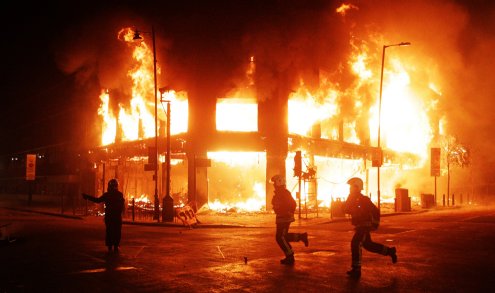conservative
Beyond OWS: Problem #2: The Problem with Politics
This is part two of my series on Beyond Occupy Wall Street. You can find part one, where I put the boot into contemporary economic dogma here.
In this post, I focus on politics. Or, more specifically, on the failure of the 20th century political paradigm to accord with a 21st century world. Basically, the Left-Right political spectrum as we know it is defunct and, as a result, we’re seeing the political parties of the last century struggle in many democracies around the world, not least in Anglophone world.
In the U.S., Obama was supposed to liberate the country from the bitter partisan politics of the Bush Jr. era, where the Left and the Right had become violently polarised and infected by base-appeasing populism, meanwhile lacking the courage to make the tough decisions that are required to set the country straight. But even Obama – with his feel-good “there’s only the United States of America” – failed to bring the warring parties together.
The recent debt crisis is but one of many, many examples of the abject failure of the two major U.S. parties to put their knives down and govern in the interests of the nation. Not to mention the banality of Fox News and the Tea Party, offering hopelessly simplistic solutions to complex problems – some real, and some fictitious.
In the U.K. and Australia the last elections resulted in hung parliaments, largely due to disillusionment with the major parties and the parlous calibre of political debate. Both countries saw a protest vote lobbed against a long-term sitting government that had gone stale, yet the voters proved unenthused at the prospect of the alternative governments on offer. The result is minority government, with uneasy coalitions formed, which are unlikely to survive the next election.



